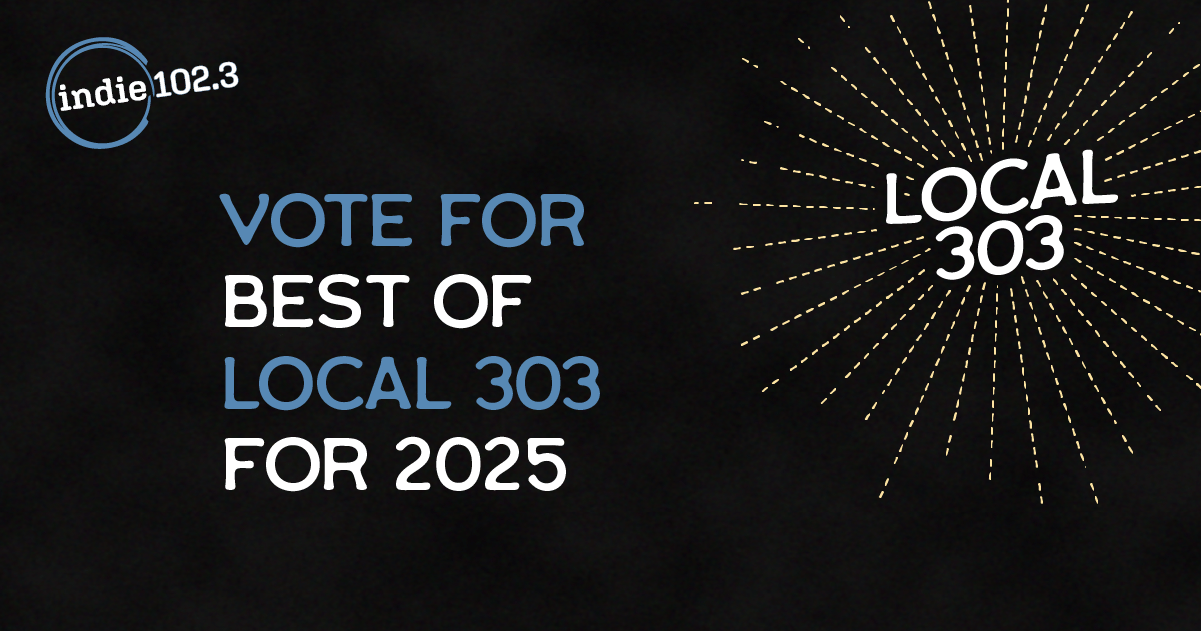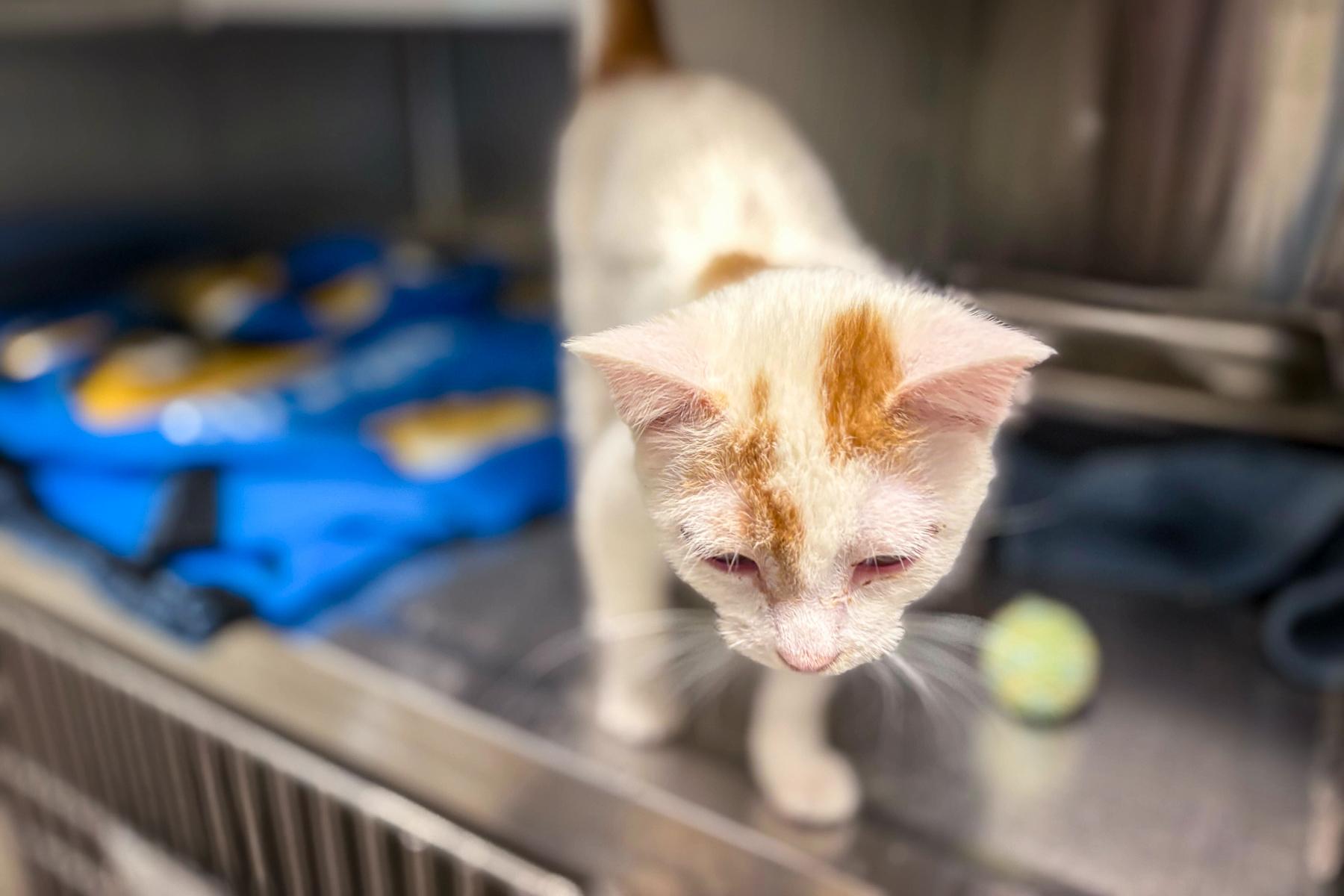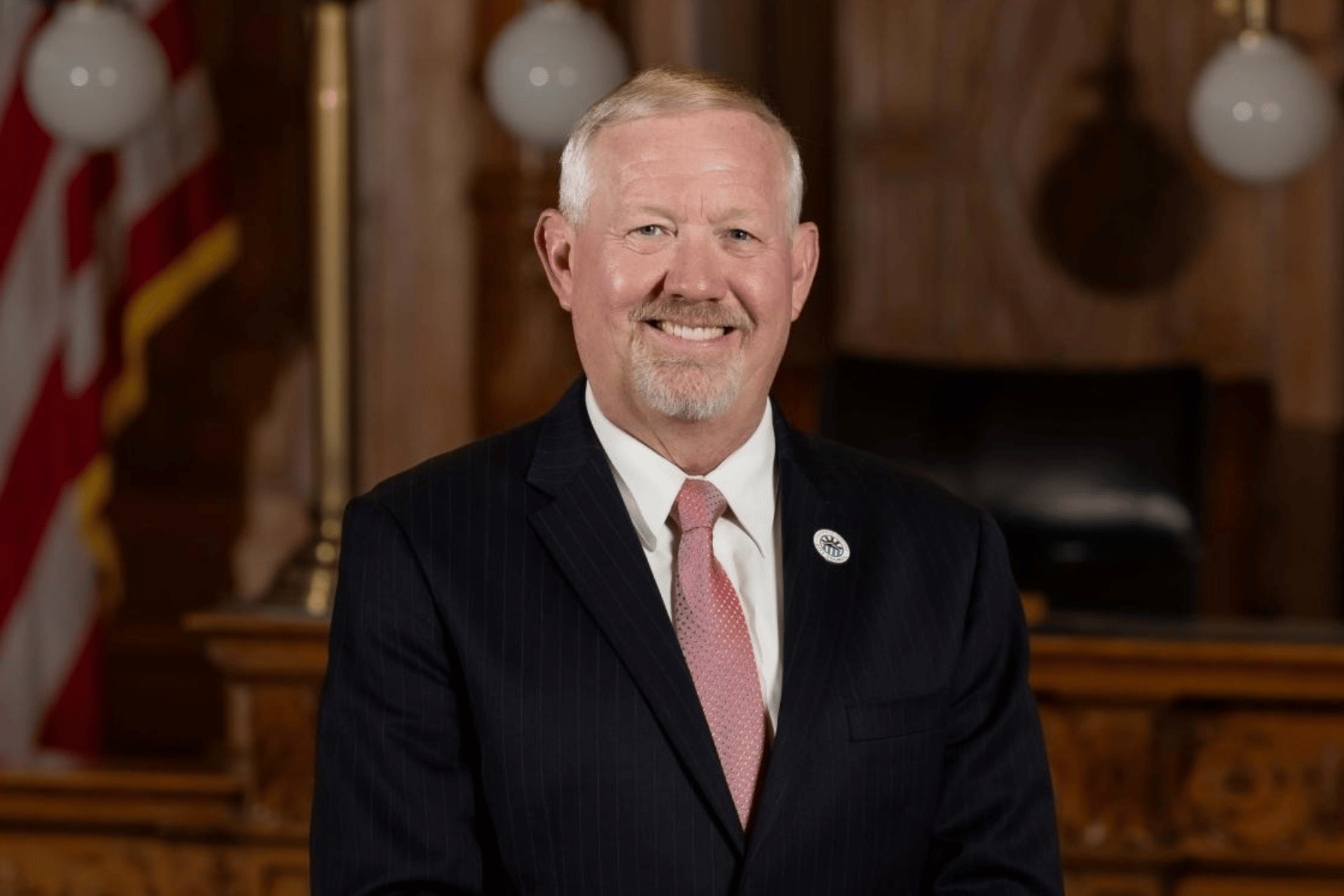Dueling press conferences Wednesday served as ample evidence of the deep divide over how to achieve universal health care coverage in Colorado -- even among progressives.
Progress Now hosted a gathering, along with several Democratic lawmakers and candidates, to voice opposition to a ballot initiative that will put ColoradoCare to the voters in November.
If approved, ColoradoCare would replace the federal Affordable Care Act. But Progress Now’s Ian Silverii said that while he shares the goal of universal coverage, ColoradoCare has too many unknowns.
“A single state approach to a government-funded system is not feasible,” he said. “It puts the state’s fiscal house in jeopardy.”
Silverii said the state has cut its uninsured rate in half since the Affordable Care Act launched and Medicaid expanded.
“Abandoning that comprehensive and proven approach in favor of a unique model of uncertainty and risk and then locking that new system into our state’s constitution is the wrong solution,” he said.
In April, the Colorado Health Institute found that ColoradoCare would cover 82.6 percent the state’s residents, including those now on Medicaid. The rest are covered through federal programs like Medicare and Veterans Administration.
ColoradoCare would have $38 billion annual budget, the report says. Ot would slide into "ever increasing deficits" over time unless taxes were increased.
Supporters of the plan held a press conference just beforehand, directly in front of Progress Now's offices at 17th and Humbolt streets in Denver.
“I think it’s a misnomer to say you’re a progressive and not support universal healthcare,” said state Sen. Irene Aguilar, a physician and Democrat who is a leader of the ColoradoCare campaign. "How do you make it happen? If you really believe in this, how do you make it happen? And my answer is: state by state.”
Backers of ColoradoCare also ccused Progress Now Wednesday of being in the pocket of big-moneyed interests.
Progress Now calls that “preposterous.” Its executive director says they don’t take money from insurance companies or individuals opposed to universal health coverage.









